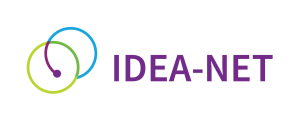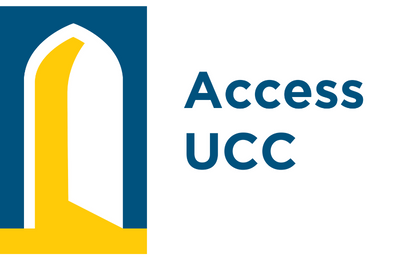University College Cork – Cork, Ireland
The service was initially initiated in the late 1990s by the Registrar of the University. The key objective was to increase equity of access into higher education.
Our Access services can be defined as follows:
- Pre-entry supports through outreach activities in schools, communities and colleges. This spotlight on the pathways to UCC provides information, encouragement, knowledge and familiarity with Higher Education to underrepresented groups who experience real or perceived barriers to engagement. Through practical supports and access to schemes, access to the university is made possible to groups who otherwise would not be able to participate in Higher Education.
- Post entry supports; ensuring that once these student groups are in UCC they can participate in an equitable way, so supports for those that need it are personal, social, financial and academic.
A key factor at the time was the national policy focus on increasing access to higher education. Higher Education Institutions had an opportunity to apply for strategic funding to support the development of an Access service.
The HEA (Higher Education Authority) and the NAP (National Access Plan) have now legislated that HEIs must implement aspects of the NAP
Access UCC is located within the Student Experience Directorate, under the leadership of the Deputy President and Registrar at University College Cork. Access UCC comprises a range of services and projects initiated to ensure equity of access to HE. The work spans outreach and community engagement, bespoke access pathways to undergraduate programmes, tailored post-admission support and employment support post graduation.
To secure sustainable funding at a level to ensure Access pre and post entry work is effective. Ensuring a place on the agenda and that Access is prioritised by HEA and by University Management.
Quantitative data includes admissions figures, number of students supported, students retained, number of engagements with the Access service, types of enagagements. Qualitative data is collected via a student survey. Software within the service gathers data on meetings and engagements, and time spent on different types of engagement. Surveys are issued to students at year end. The HEA receives an evaluation report and other data is shared internally within the University and to studnets
IDEA-net: Expanding the network of Inclusion, Diversity, Equity and Access (IDEA) practitioners in higher education through institutional capacity building
Project ref: 2022-1-NL01-KA220-HED-000089789

This project has been funded with support from the European Commission. This website reflects the views only of the authors, and the Commission cannot be held responsible for any use which may be made of the information contained therein.

